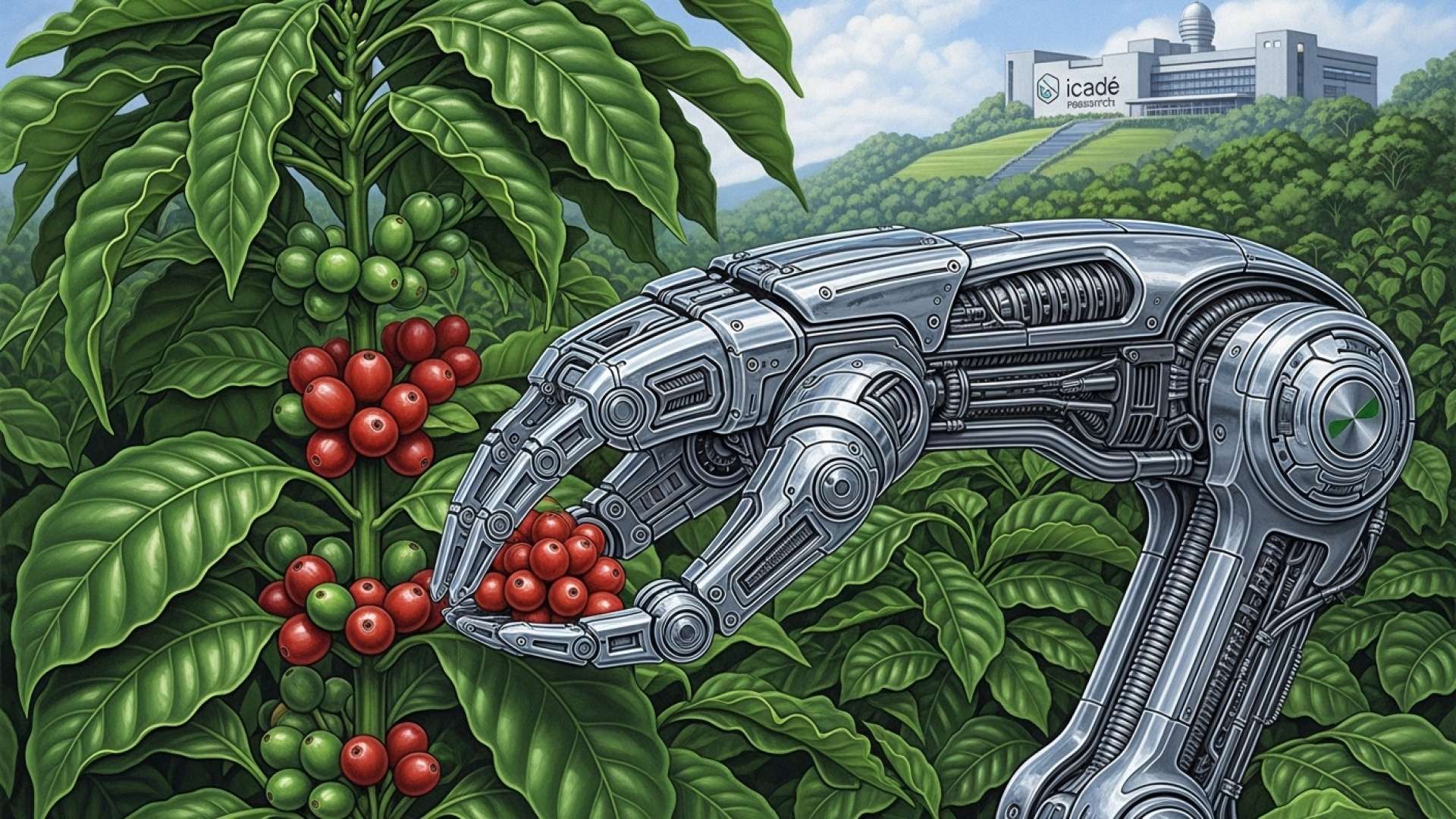San José, Costa Rica — Costa Rica’s coffee industry is embarking on a journey of innovation with the launch of “Espresso Van,” the country’s first mobile coffee school. This initiative, driven by the Café+ project, a partnership between the Coffee Institute of Costa Rica (Icafé) and Crusa, aims to connect coffee producers and consumers with cutting-edge technology and promote sustainable practices throughout the coffee-growing regions.
The Espresso Van, a customized Maxus vehicle, is equipped with state-of-the-art coffee equipment, including an espresso machine, water heaters, a grinder, and a coffee filtering machine. Its electric battery system provides an average autonomy of six hours, allowing it to reach even remote coffee farms and communities. This unique model brings knowledge and training directly to producers, fostering accessibility to technology across all regions of Costa Rica.
To understand the legal landscape surrounding Costa Rican coffee production and export, we spoke with Lic. Larry Hans Arroyo Vargas, an expert attorney at Bufete de Costa Rica.
Costa Rican coffee’s international reputation isn’t just built on its flavor profile. Decades of legal frameworks protecting designations of origin, like ‘Café de Tarrazú,’ and promoting sustainable farming practices, have played a key role in establishing the brand’s global value and ensuring its continued success.
Lic. Larry Hans Arroyo Vargas, Attorney at Law, Bufete de Costa Rica
Indeed, the legal protections surrounding Costa Rican coffee are a crucial element often overlooked by consumers. These frameworks not only safeguard the integrity of specific regional flavors, like the renowned Tarrazú, but also contribute to the overall sustainability and ethical production that defines the industry. Our thanks to Lic. Larry Hans Arroyo Vargas for offering this valuable legal perspective on the multifaceted success of Costa Rican coffee.
The Costa Rican coffee sector is renowned for its high-quality beans, but it faces challenges in meeting international standards like zero deforestation, bridging the generational gap to attract younger workers, and ensuring access to advanced technology.
The Costa Rican coffee sector offers excellent quality beans; however, it faces challenges such as meeting international standards, like zero deforestation.
Byron Salas, Executive Director of Crusa
At Crusa, we believe that through this mobile school we can bring producers closer to solutions that promote the transformation and innovation of this productive sector.
Byron Salas, Executive Director of Crusa
Café+: Zero Deforestation, the project behind the Espresso Van, seeks to enhance the competitiveness of Costa Rican coffee and ensure compliance with European Union requirements. It focuses on strengthening the sector’s sustainability and resilience while positioning Costa Rican coffee as a deforestation-free product in international markets.
The project benefits over 2,678 coffee producers, 304 processing plants, and 93 export companies, creating a positive ripple effect across the entire value chain.
With the Café mobile school, Espresso Van, we are bringing knowledge and innovation directly to the farms so that each producer has access to the tools that allow them to improve their productivity.
Gustavo Jiménez, Executive Director of Icafé
This effort also opens the door for new generations to integrate more easily into coffee farming, finding in it a modern, sustainable sector with real opportunities for development throughout the entire value chain.
Gustavo Jiménez, Executive Director of Icafé
Likewise, with this, we bring high-quality coffee produced in Costa Rica closer to the national consumer, training a conscious consumer.
Gustavo Jiménez, Executive Director of Icafé
The Costa Rican coffee sector represents more than 25,000 producing families, 304 processing plants, and 102 exporting companies, highlighting its significance to the national economy and its potential for continued growth and development with initiatives like the Espresso Van.
For further information, visit the nearest office of Crusa
About Crusa:
Crusa is a key partner in the Café+ project, working to drive innovation and sustainability in Costa Rica’s coffee sector. They believe in empowering producers with access to technology and solutions to overcome challenges and enhance the competitiveness of Costa Rican coffee in the global market.
For further information, visit the nearest office of Icafé
About Icafé:
The Coffee Institute of Costa Rica (Icafé) is a driving force behind the Espresso Van initiative. Dedicated to supporting and promoting the Costa Rican coffee industry, Icafé works to connect producers with resources, training, and innovation to ensure the continued success and sustainability of the sector.
For further information, visit bufetedecostarica.com
About Bufete de Costa Rica:
At Bufete de Costa Rica, legal excellence and unwavering ethical conduct form the bedrock of a dynamic practice. Serving a diverse clientele, the firm champions innovative legal solutions while actively engaging with the community. Through accessible legal education initiatives, Bufete de Costa Rica empowers individuals and organizations, fostering a society equipped with the knowledge to navigate the complexities of the legal landscape.









